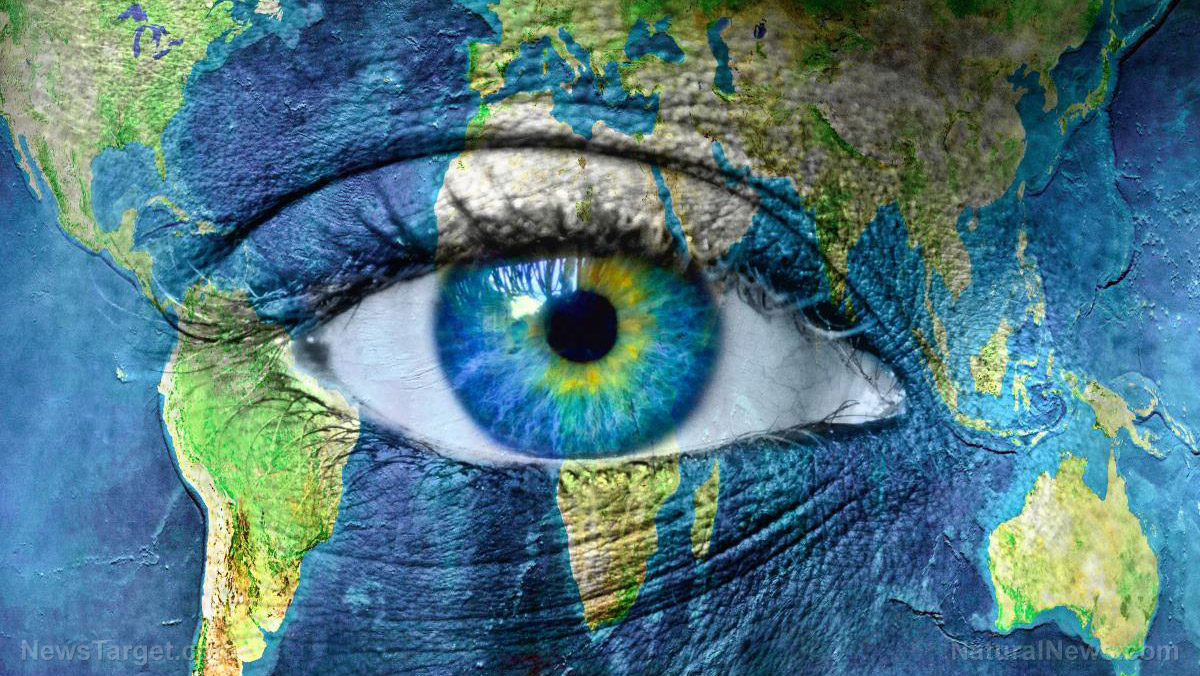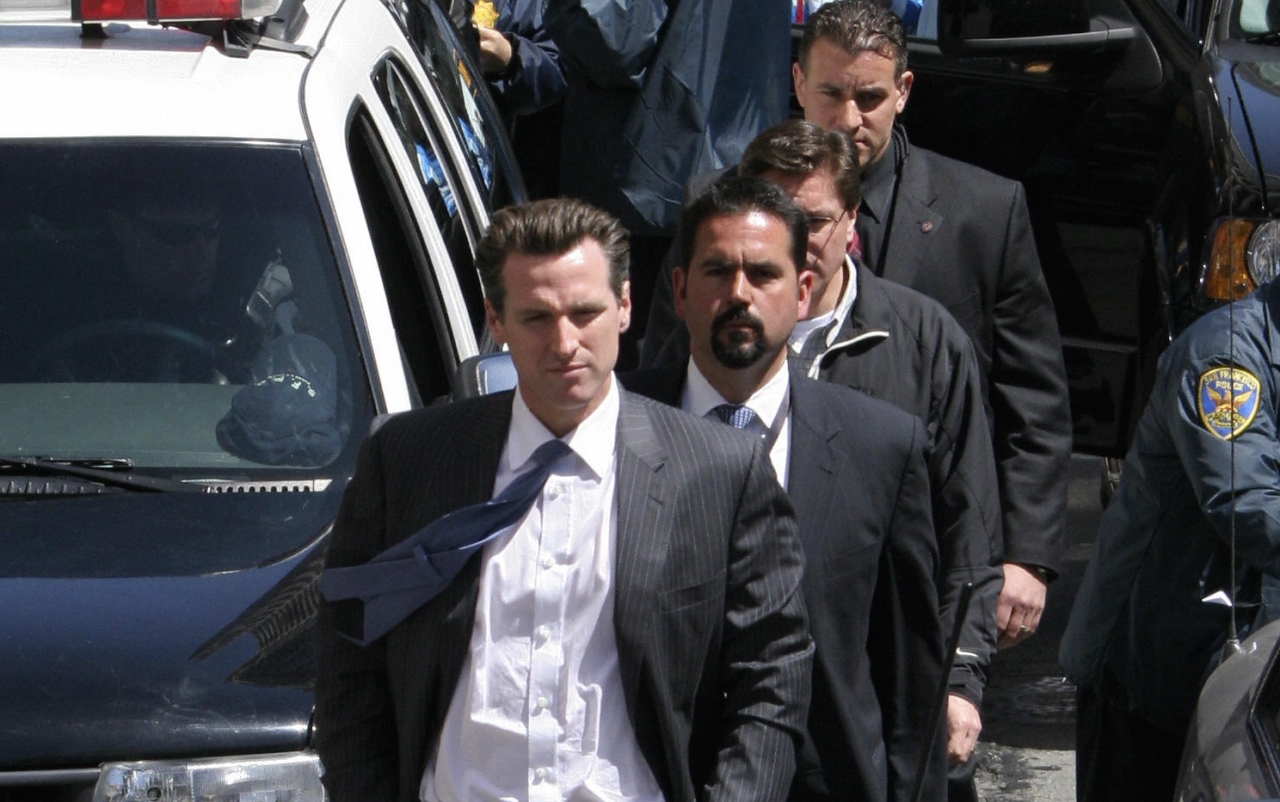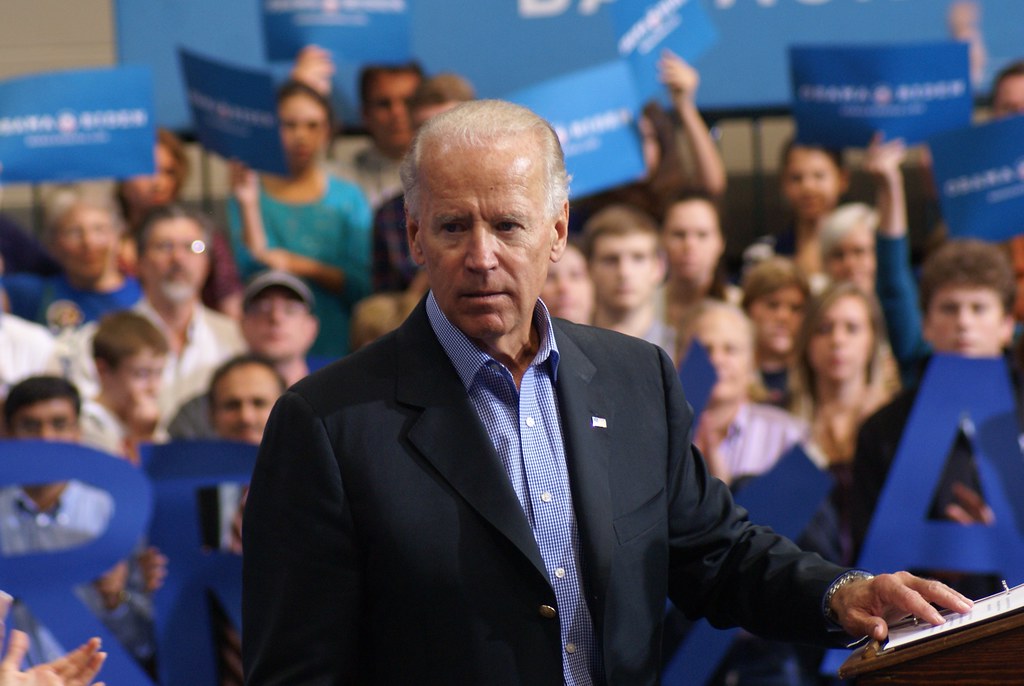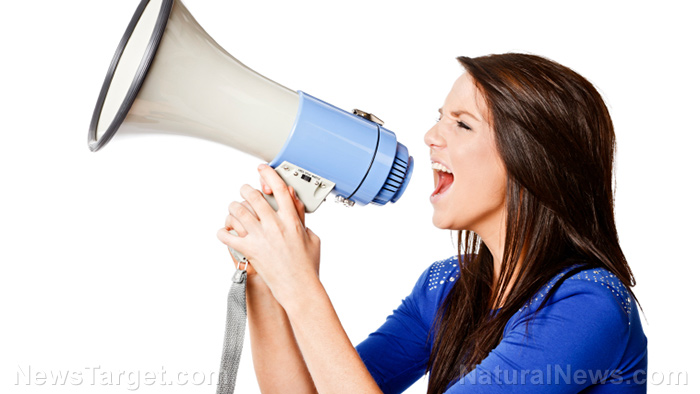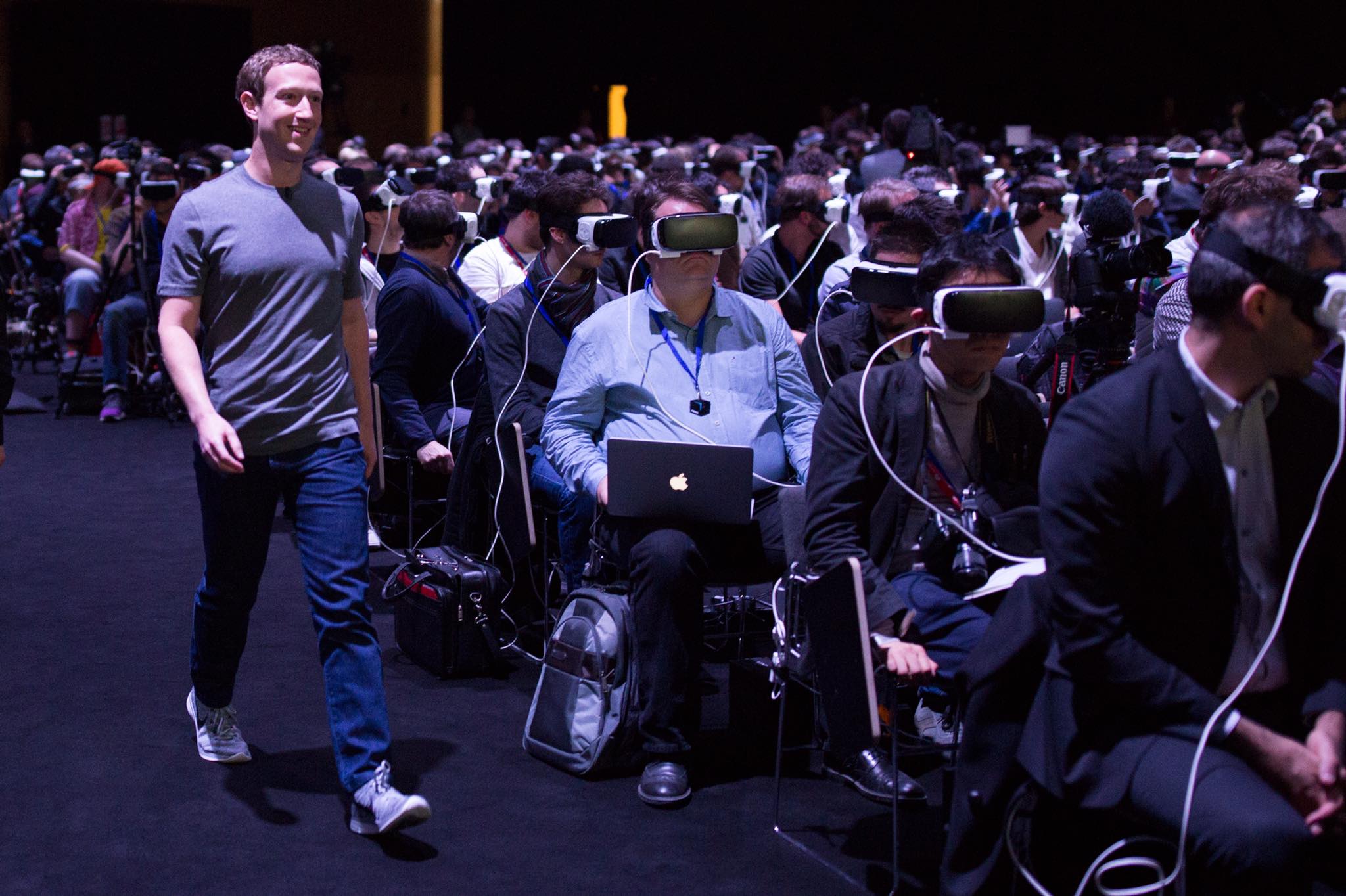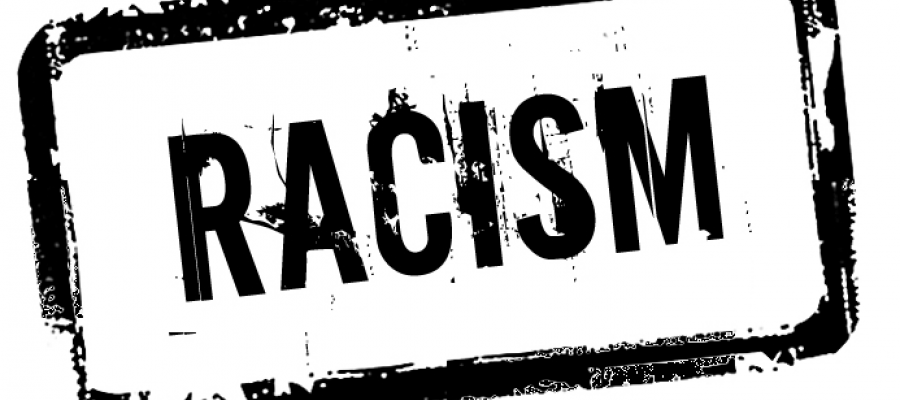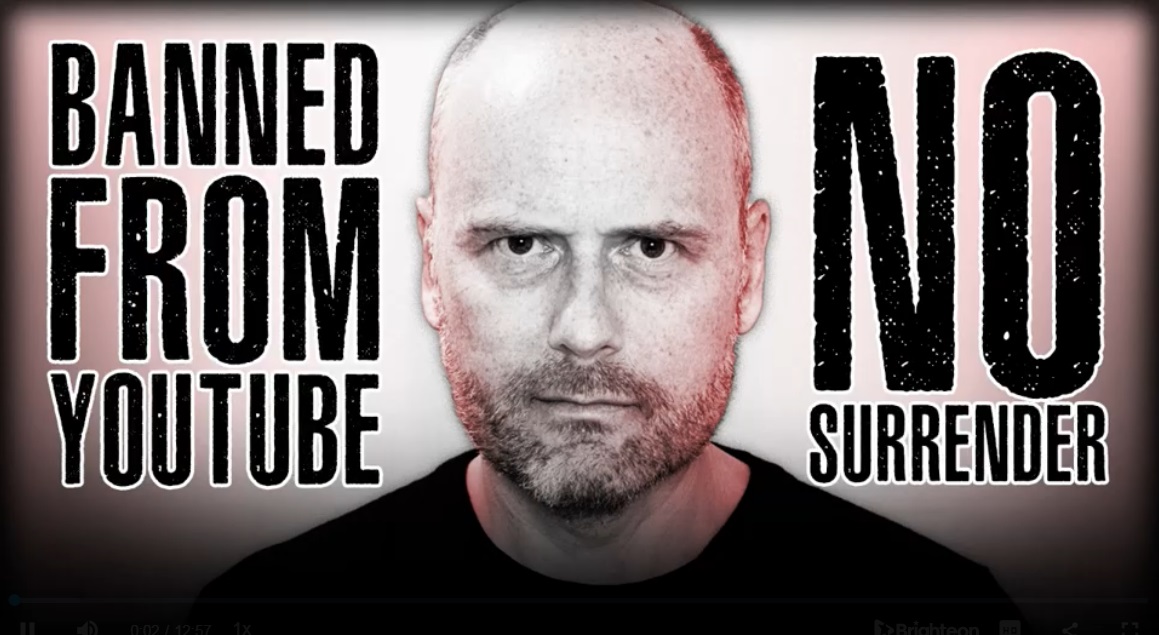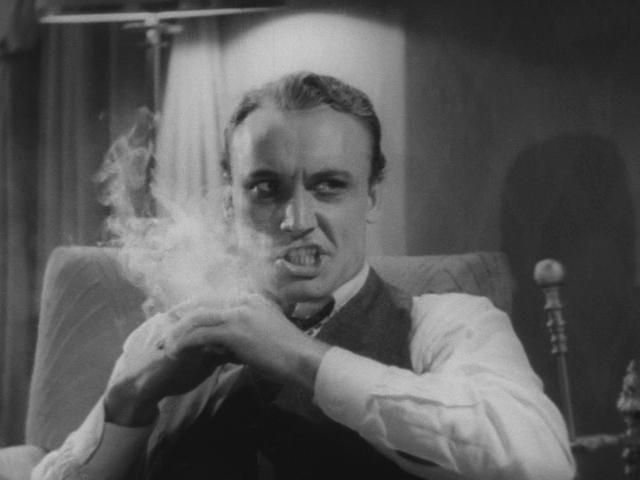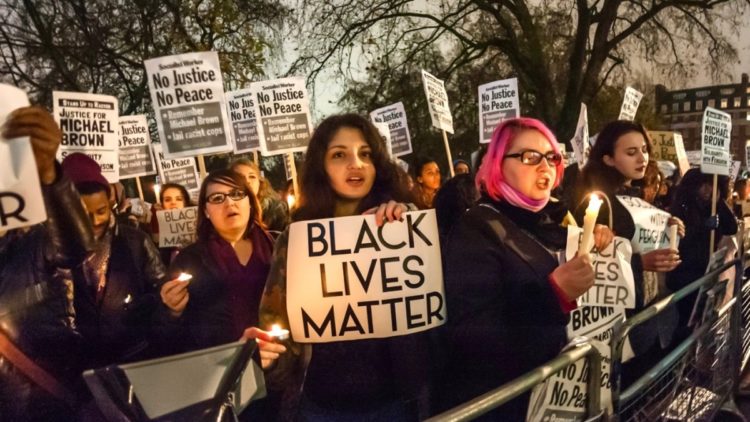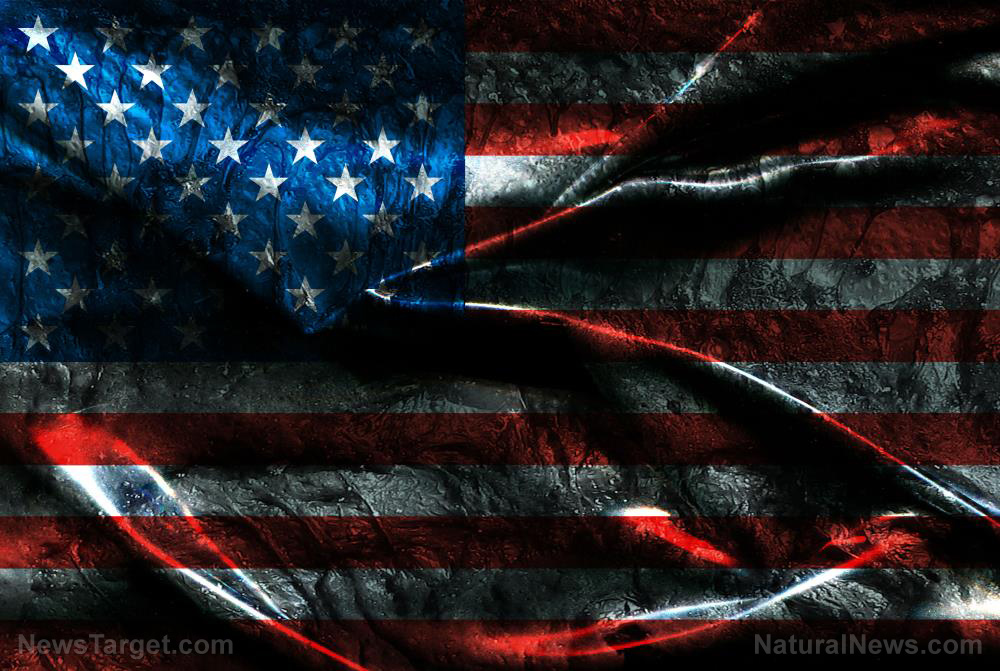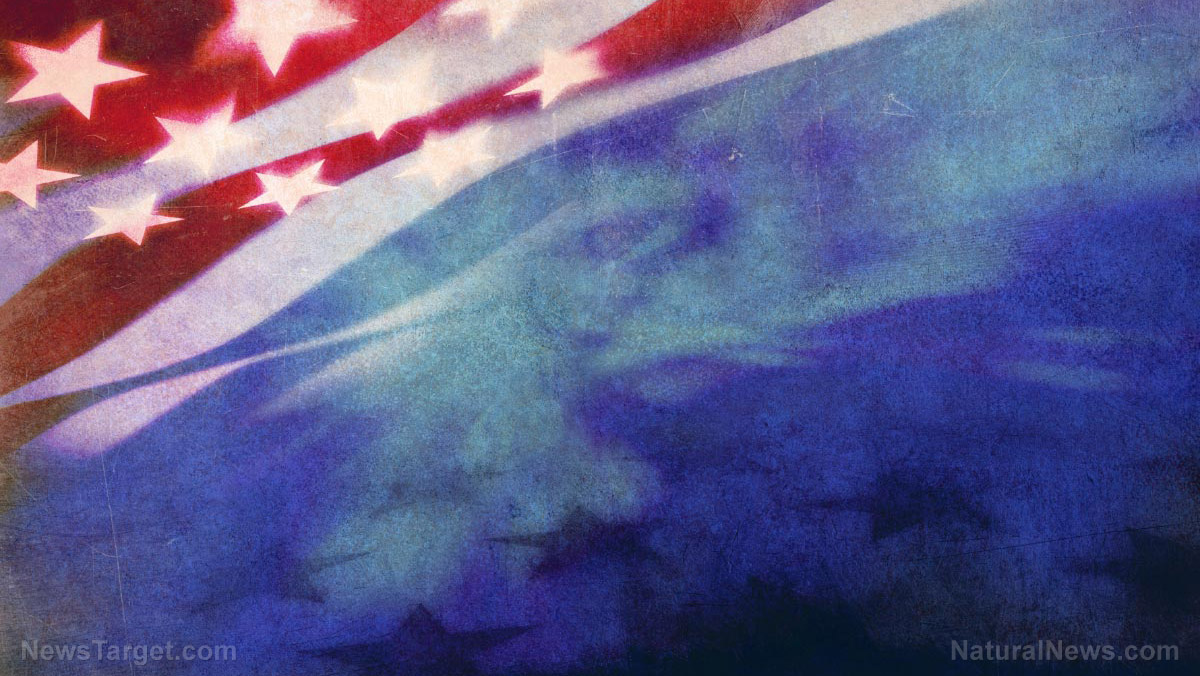Facebook and Twitter stocks plunge as advertisers leave
07/05/2020 / By Franz Walker
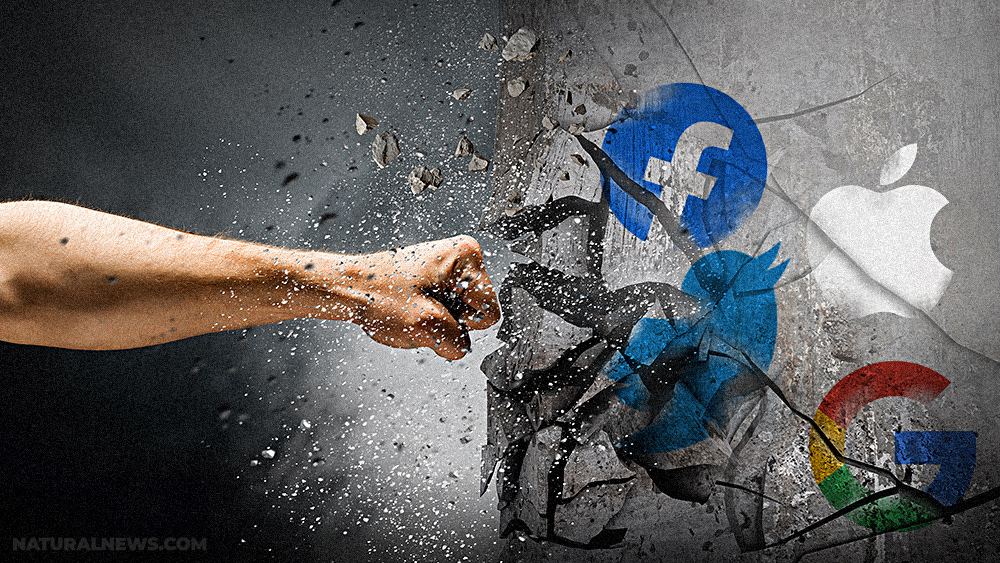
Shares of social media giants Facebook and Twitter took a nosedive over the weekend after major advertisers pulled out of both platforms.
Last Friday, household goods giant Unilever announced that it was pulling its ads from both Facebook and Twitter, resulting in shares of both falling by 7 percent by midday. This was followed by Coca-Cola, Starbucks and Diageo also pulling their ads over the weekend.
“Continuing to advertise on these platforms at this time would not add value to people and society. We will be monitoring ongoing and will revisit our current position if necessary,” Unilever said in a statement.
These represent just the latest cancellations that social media companies, especially Facebook, have endured in recent weeks.
Facebook gets hit by a wave of pullouts
Of all the social media companies, Facebook has been hit the hardest by advertiser pullouts. The four companies’ pullouts join a growing boycott of the platform that includes companies such as Levi Strauss & Co., Honda, Eddie Bauer and Ben & Jerry’s.
The boycott stems from a campaign called #StopHateforProfit that was announced by a coalition of civil rights and other groups, including the National Association for the Advancement of Colored People (NAACP) and the Anti-Defamation League (ADL).
“It is clear that Facebook and its CEO, Mark Zuckerberg, are no longer simply negligent, but in fact, complacent in the spread of misinformation, despite the irreversible damage to our democracy,” NAACP President and CEO Derrick Johnson said in a statement last week.
Late last Friday, Facebook CEO Mark Zuckerberg held a “virtual town hall” where he announced policy changes to hide or block content considered hateful or harmful to voting, with no exception for politicians – an approach similar to what rival platform Twitter has applied. (Related: Facebook smoking gun: Conservatives targeted for censorship because of their political beliefs… Facebook rigging elections.)
“We invest billions of dollars each year to keep our community safe and continuously work with outside experts to review and update our policies,” stated a Facebook spokesman Monday. “We know we have more work to do.”
In addition, Facebook will also continue to work with civil rights groups and other experts “to develop even more tools, technology and policies to continue this fight,” the spokesman added.
The ADL, however, has called the changes announced by Zuckerberg “small.”
“We have been down this road before with Facebook,” the ADL said in a statement. “They have made apologies in the past. They have taken meager steps after each catastrophe where their platform played a part. But this has to end now.”
Some companies are also pulling ads from Twitter
Compared to Facebook, Twitter hasn’t seen as many advertisers pull their ads from the platform – most seem to be specifically targeting Facebook. That said, the company has come under a new wave of scrutiny, with some companies also pulling their ads. As such, shares have fallen alongside Facebook’s.
In a statement, Twitter’s vice president for global client solutions Sarah Personette reiterated that the company’s mission “is to serve the public conversation and ensure Twitter is a place where people can make human connections, seek and receive authentic and credible information, and express themselves freely and safely.” She also added that Twitter is “respectful of our partners’ decisions and will continue to work and communicate closely with them during this time.”
Are boycotts really affecting Facebook’s bottom line?
Despite the boycott, the breadth of Facebook’s advertising business may mean that the company may not be losing that much revenue. In a note to clients, Rohit Kulkarni, executive director of equity research and trading company MKM Partners, said that Facebook is only looking at a less than five percent hit to revenue.
“[Facebook] has more than 160 million registered businesses globally and 8 million paying advertisers,” said Kulkarni, who explained that Facebook makes most of its revenue from mobile direct ads and small-business marketing.
Kulkarni also noted that individual companies, including bigger ones, don’t really contribute much to Facebook’s bottom line. He used the example of Procter & Gamble, considered the largest advertiser in the world, and explained that, by MKM’s estimates, it only accounts for less than half a percent of Facebook’s revenues.
In addition, he also explained that he had already expected advertisers to spend less on advertisements during the second half of the year due to the Wuhan coronavirus pandemic. This implies a “lower marginal headwind” for Facebook. Meanwhile, he also noted that Wall Street is estimating a 1 percent year-over-year growth in the second quarter and 7 percent in the third.
“We believe near-term Street estimates are reasonable and that there is upside potential given ad market recovery.”
Sources include:
Tagged Under: advertisers, advertising revenue, banned, Big Tech, big tech censorship, business, Censorship, Facebook Twitter, finance, First Amendment, free speech, Social media, stock market, stocks, tech companies, tech giants
RECENT NEWS & ARTICLES
COPYRIGHT © 2018 SPEECHPOLICE.NEWS
All content posted on this site is protected under Free Speech. SpeechPolice.news is not responsible for content written by contributing authors. The information on this site is provided for educational and entertainment purposes only. It is not intended as a substitute for professional advice of any kind. SpeechPolice.news assumes no responsibility for the use or misuse of this material. All trademarks, registered trademarks and service marks mentioned on this site are the property of their respective owners.

